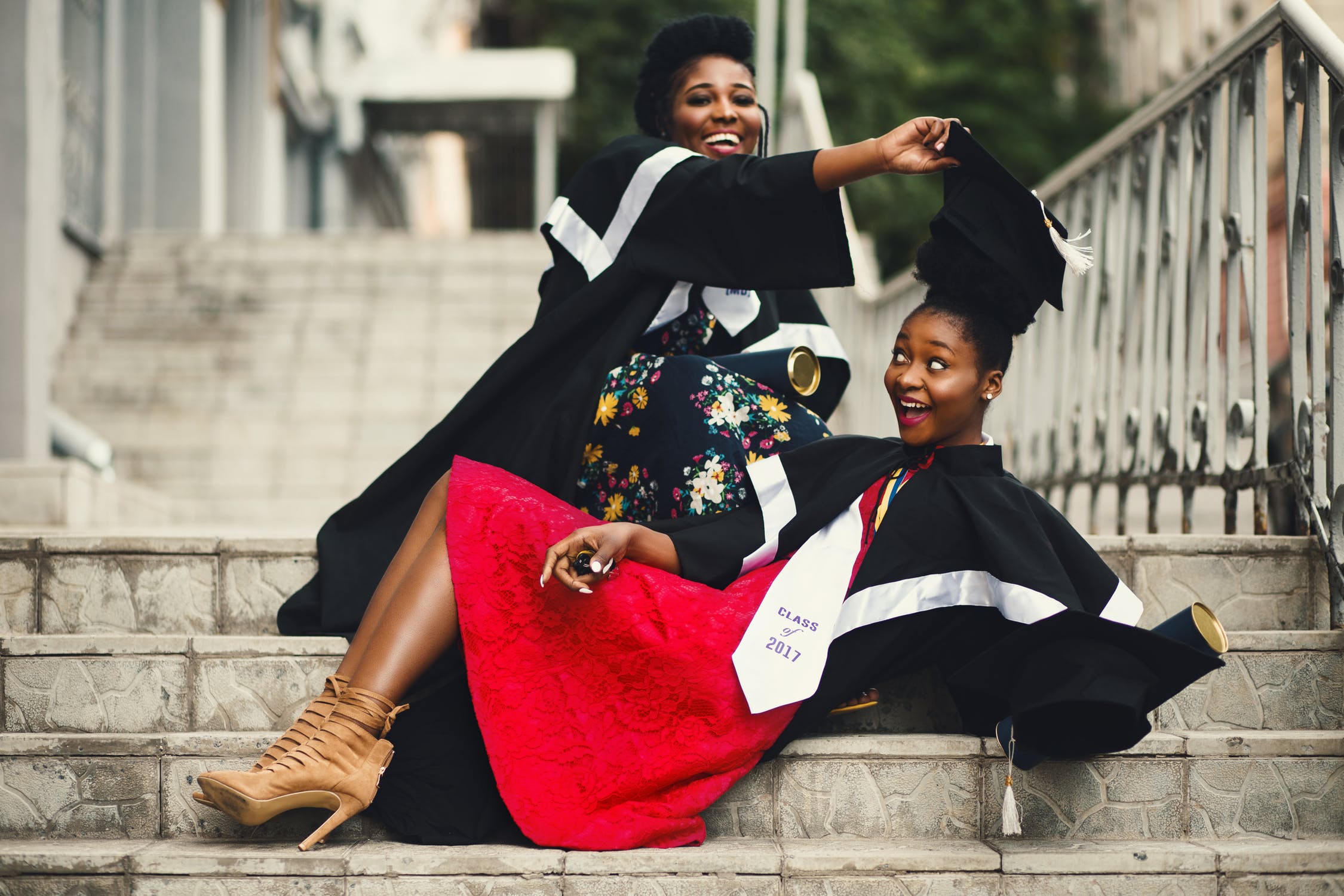I’m one of the 20,000 Gates Millennium Scholars to earn a full-ride scholarship funded by the Bill & Melinda Gates Foundation. However, racial and gender bias hampers the educational investment from the philanthropist couple.
Growing up in a small city in southern Louisiana, it seemed impossible that I, as a Black teen, would ever attend college. No one in my immediate family actually completed their post-secondary education.
And while I achieved academic excellence in my high school classroom, the financial stress of paying for college always lingered in the back of my mind. I heard the dreadful stories of student loan debt and how it becomes an unbearable weight to carry. I didn’t want to start a new chapter of my life with an economic burden.
So, when I earned more than $100,000 in college scholarships, I leaped with excitement. Mr. and Mrs. Gates saw my potential to succeed, my passion to serve my community and my desire to live a better life. And I’m grateful for their generosity.
With the financial assistance, I earned my bachelor’s degree with honors. I also graduated law school and passed two state bar examinations. But that’s where my success story ends.
Employers didn’t recognize my talent like my scholarship providers. So, for more than eight years I struggled to secure steady employment — not just in my field, but in any industry.
Blavitize your inbox! Join our daily newsletter for fresh stories and breaking news.
I’m not alone. While the unemployment rate sits at its lowest point in almost five decades, wage growth isn’t meeting the living expenses of the everyday American. That’s why fast-food workers are taking to the streets to fight for $15 an hour.
Moreover, Black women face the harsh reality of the wage gap. A recent study reported that “Black women in the United States are paid 38 percent less than white men and 21 percent less than white women.”
Despite my relentless efforts, the opportunity to use the education Mr. and Mrs. Gates paid for never presented itself. This void leaves me deeply troubled. Society continues to devalue the skills of minorities in the workplace. Race and gender differences are perceived as weaknesses, rather than team assets.
I decided not to wait for the world to see my worth. Right now, I freelance to make ends meet. I retooled my marketing expertise to help businesses. In the latest Freelancing in America report, “more than one in three (35 percent) Americans freelanced in 2018.” While some people enter into freelancing as a choice, it serves as the sole income for other households.
It’s been 15 years since receiving my scholarship acceptance letter. While the memory brings me great joy, I’m haunted by my inability to reach my highest potential.
The Gates invested in my education, yet racial and gender bias still hinder me from breaking through the glass ceiling. Although we live in a world of Black millionaires, in 2010, the median wealth for black families was $4,900, compared to the median wealth for whites of $97,000. There’s more work to be done to create a fair playing field for underrepresented communities.
It’s time for society to let me deliver the highest return on Mr. and Mrs. Gates’ investment.
Academy award-winning actress Viola Davis said it best: “The only thing that separates women of color from anyone else is opportunity.”
